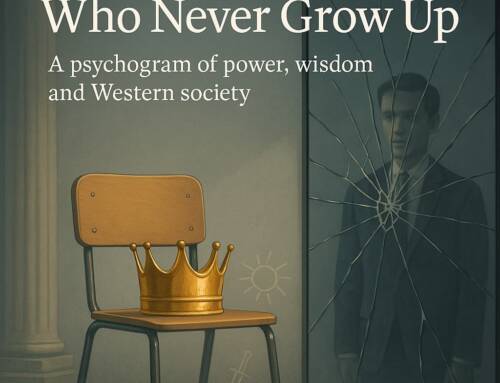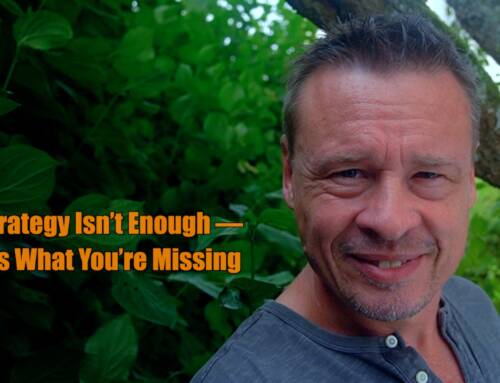“We have grown smarter, but less wise. And that’s not just a warm platitude, it’s science. Wisdom isn’t just raw IQ; it involves the understanding of others. And when researchers surveyed two thousand Americans form different income levels, they found wealthier meant less wise. … the poor have to depend on one another more, like we did in the past, like we do during disaster.” — Eric Barker, Plays Well With Others–The Surprising Science Behind Why Everything You Know About Relationships Is (Mostly) Wrong, p. 222.
Maybe that explains why development cooperation often seems smart but not wise
International development cooperation has been focused on assisting underdeveloped countries to follow the path of the developed countries. The assumption is that this is the only way to achieve sustainable development and to lift people out of poverty. However, this approach has been criticized for ignoring the cultural and social aspects of development, which can often lead to resistance and friction with local politicians and communities. Moreover, the Western model of development is not without its drawbacks, and it is worth considering these drawbacks when discussing international development cooperation efforts.
One of the main drawbacks of the Western model of development is individualism. As Eric Barker argues in his book “Plays Well with Others,” western development has brought about individualism, which has caused loneliness and growing numbers of depression. This is an important issue that should be considered when discussing development cooperation efforts. However, despite the growing awareness of this issue, the institutions involved in development cooperation are not picking up on this systemic problem.
It is clear that international development cooperation needs to be more nuanced and reflective in its approach to development. It should take into account the cultural and social aspects of development, and it needs to be more aware of the drawbacks of the Western model of development. This can be achieved through a more collaborative and inclusive approach to development that involves local communities and institutions, and that takes into account the perspectives and experiences of different stakeholders.
While the individuals involved in international development cooperation are certainly aware of the problems associated with taking the Western model as a blueprint, there is a lack of systematic institutional recognition and reflection of these issues. The focus is often on the technical implementation of projects —the smart factors—driven by the need to be effective and efficient. However, this approach ignores the cultural and social aspects of development—the wise factors— and it can and probably should lead to resistance and friction with local communities.
The current focus on the efficiency and effectiveness of the institutions involved means a neglect of the broader implications of development cooperation efforts, including the drawbacks of the Western model of development. It is crucial for institutions involved in development cooperation to reflect on these systemic issues and to adopt not only a more inclusive and nuanced approach to development that takes into account the cultural, social, and environmental dimensions of development but also a wiser approach. One that reflects on the implications of the current development as we currently witness it in rich countries or in the societal enclaves of rich people in emerging or developing countries.
As Barker wrote about the US: “The modern world and a greater emphasis on individual freedom and control have given us benefits that are almost incalculable. We cannot and should not go back. But that doesn’t mean we didn’t lose something in the shift, something we desperately need. These new ideas are rational, but we may have overshot the mark and gone to utter independence when what we really needed was communal interdependence. To feel that we’re free, but still in it together.” (p.196). — This could very well be part of a new manifesto for development cooperation, don’t you think?
NB: The article was created with support of chatgpt and the visual with DALL-E





